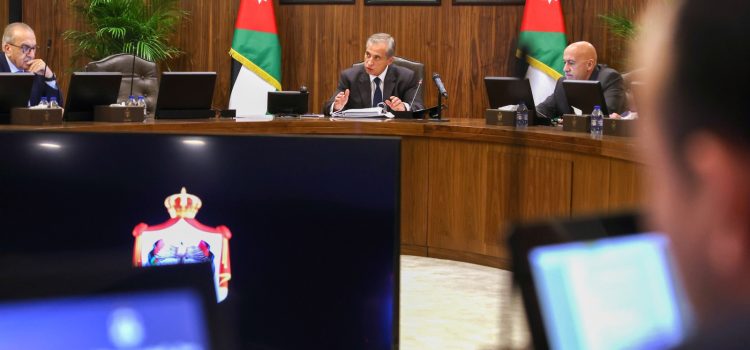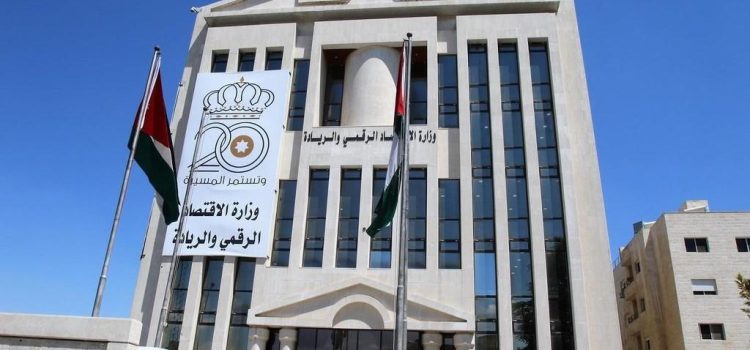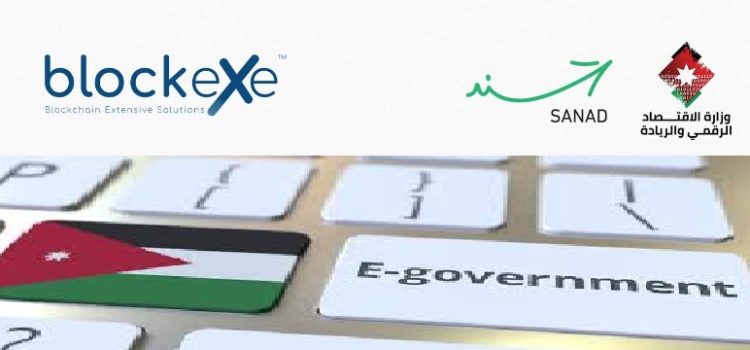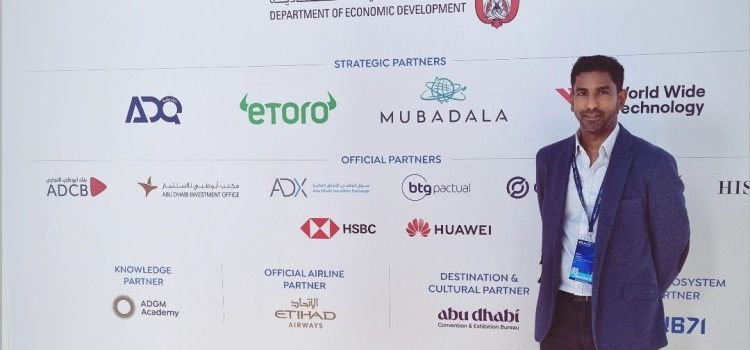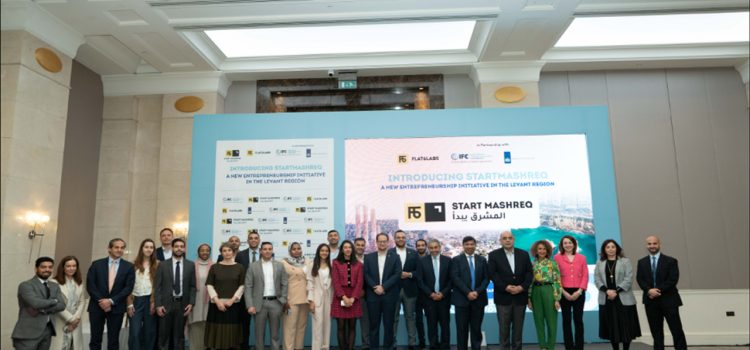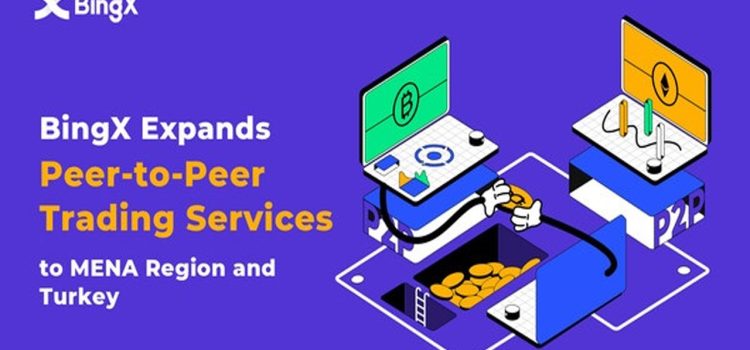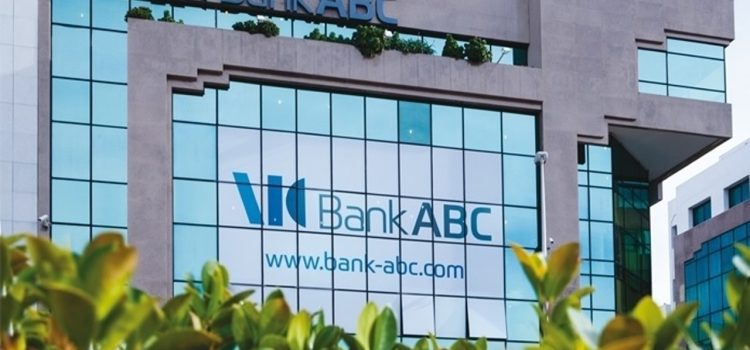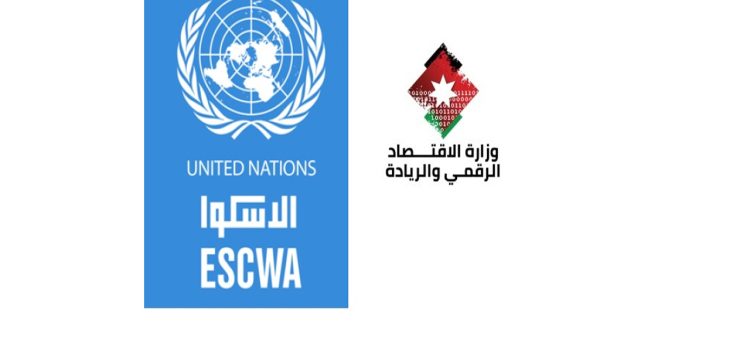
Jordan has passed its virtual asset regulations which will become applicable within the next 90 days. The law covers what is considered as virtual assets, what virtual asset service providers are allowed to be licensed as well as all the related AML and KYC requirements.
Law No 14 of 2025, notes that virtual assets can be used for payments, investments, and more. It also notes that VASPs can be licensed as crypto exchanges, crypto payment providers as well as crypto custodians.
The law does not cover digital securities, and digital financial assets which will be subject to their own regulations. It also does not cover CBDCs ( Central Bank Digital Currency) which will be issued by Jordan’s Central Bank
In its Article 4-L the law discusses how virtual assets will operate and managed by virtual asset platforms. It also discusses the exchange between virtual assets and Jordanian or foreign currency, the exchange between virtual assets and other virtual assets, the transfer of virtual assets from one address to another, the nature of virtual assets and their management, including the tools that enable
the price of Providing brokerage services in virtual asset trading operations and participating in and providing related financial services to issuers of virtual assets.
Talal Tabaa, a Jordanian national and Co-Founder and CEO of CoinMENA, noted on LinkedIn, ” With the passing of Law No. 14 of 2025, Jordan now has an official legal framework for virtual assets — marking a pivotal moment in the country’s journey toward financial innovation. More importantly, it signals a clear commitment to responsible growth.”
He gives full credit to the Central Bank of Jordan, the Jordan Securities Commission, and the Prime Minister Office for leading this effort. He also mentions their proactive consultation with the industry before finalizing the law set a strong example of collaborative policymaking.
He adds, ” By embracing this emerging asset class, Jordan is laying the groundwork to strengthen its financial ecosystem, attract fintech innovation and global investment and enhance consumer protection and trust. As a proud Jordanian and crypto entrepreneur, I believe this law will be a catalyst for building a more dynamic and inclusive financial future.”
In May 2025, The Jordanian Senate Finance and Economic Committee, chaired by Senator Rajai Muasher, approved the Virtual Assets Regulation Bill of 2025 on Monday, as received from the House of Representatives. This came during a meeting attended by Minister of State for Economic Affairs Muhannad Shehadeh, Minister of State for Legal Affairs Dr. Fayyad Qudah, Minister of State for Digital Economy and Entrepreneurship Eng. Sami Smeirat, Deputy Governor of the Central Bank Ziad Ghanma, Chairman of the Board of Commissioners of the Jordan Securities Commission Dr. Adel Bino, and Head of the Anti-Money Laundering and Terrorism Financing Unit Samia Al-Sharif.
Prior to this in January 2025, The Jordanian government Cabinet, chaired by Prime Minister Jafar Hassan, approved the establishment of a comprehensive regulatory framework for virtual and digital assets within one year. The initiative aims to align with global standards and foster a robust digital economy in Jordan.
According to Statistica, the projected revenue in the crypto market for Jordan is estimated to reach US$29.4m in 2025 while the number of crypto users in Jordan is expected to reach 894.75k users by 2026. The user penetration rate is projected to be 7.36% in 2025 and is expected to rise to 7.72% by 2026.









